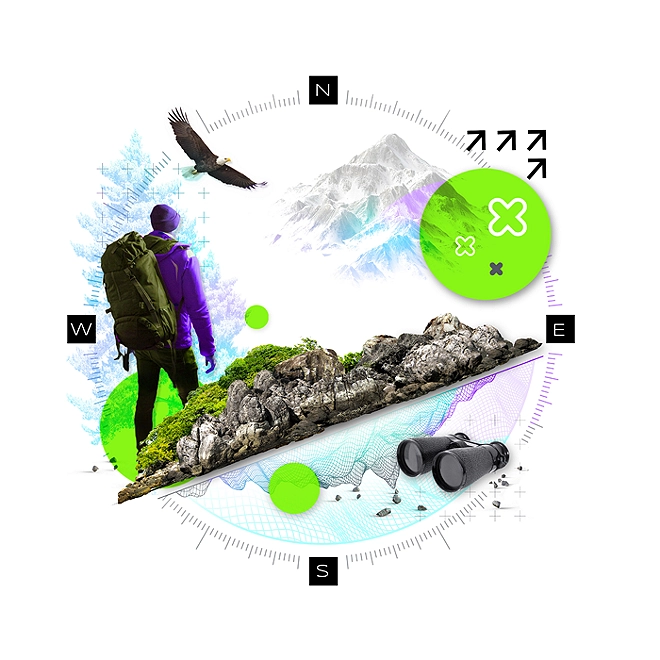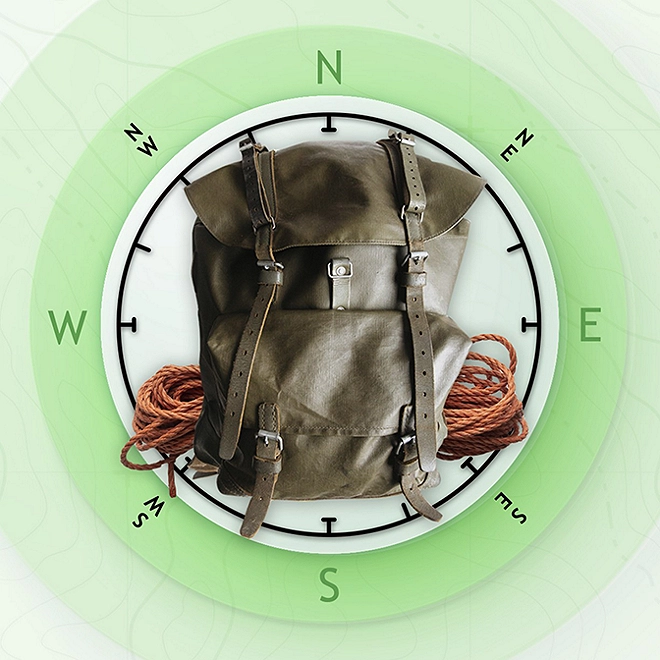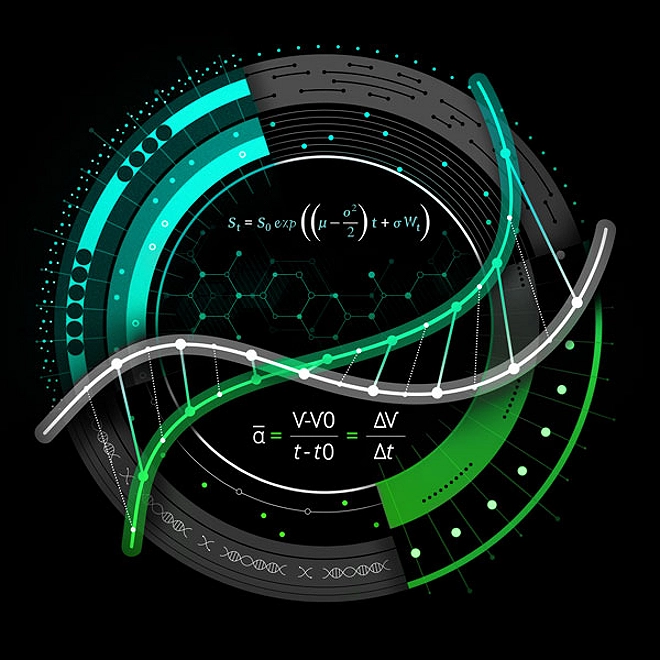Risk Advisory
Risk advisory services that connect trust, resilience, and security for enduring success
Our ever-changing world creates risk and uncertainty, but it also offers opportunity. At Deloitte, we can help clients worldwide to connect trust, resilience, and security to shape responsible businesses. To emerge stronger from adversity while growing sustainably. To make a lasting positive impact on the world.
Powerful risk and financial advisory solutions to help your business prosper
We have a long-term perspective on risk—we see it as a tool to sustain and grow value over time, helping businesses to become a more responsible business, and creating a positive impact for people and society.
Combining our risk consultancy with the latest technologies and tailored strategies in cyber, sustainability, strategy, regulation, compliance, and controls, we can provide valuable insights that help keep your business resilient through crises and complex times.
We’ll work with you to design a plan that has your back, so whatever challenges come at you, you will not only be more prepared for them, but can emerge with clarity and confidence.




